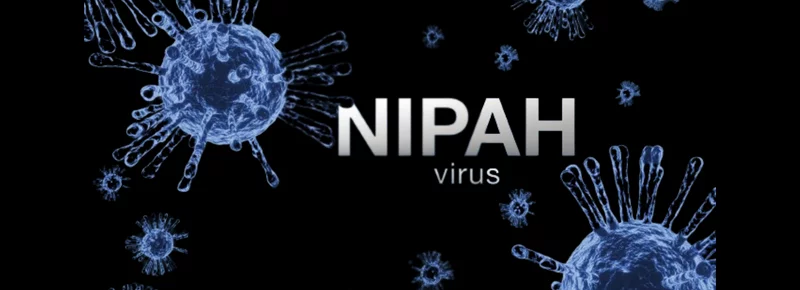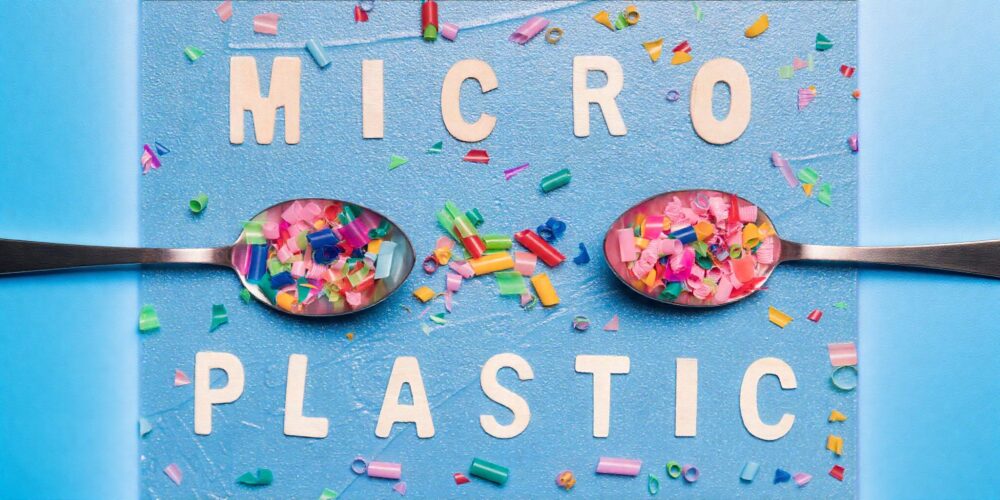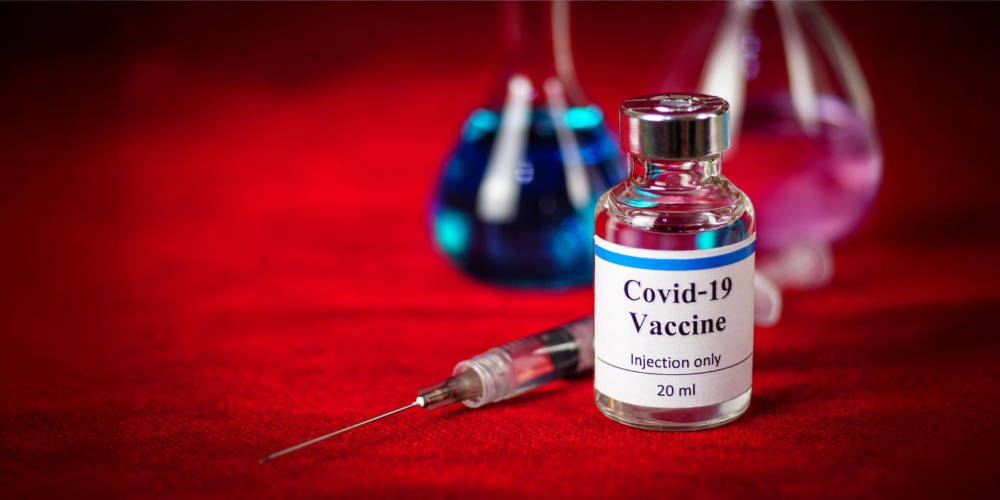FACT CHECK: Are you drinking estrogen when you drink tap water in the US?
Author
Author
- admin / 1 year

- 0
- 2 min read

Author
CLAIM:
Estrogen from birth control pills is contaminating tap water, and drinking it can emasculate men.
FACT:
Research indicates that birth control pills contribute to less than 1% of estrogens found in drinking water. The alleged link between trace amounts of estrogen in water and gender dysphoria or “emasculation” lacks scientific support.
A claim that refuses to die down in the United States of America, is that tap water is contaminated by estrogen from birth control pills, and drinking it is causing widespread health issues, particularly the “emasculation” of men.
The assertion is that when someone takes a birth control pill, they only absorb 10% of it, and the rest is eliminated from the body alongwith their urine. This urine then mixes with water, and one gets estrogen laced tap water, as the hormones are not filtered out by treatment facilities.
The claim has been around for a while and has been shared by multiple accounts.
So is there any truth to these claims?
First Check’s comprehensive investigation reveals that while estrogens can indeed enter water systems, the sources are diverse and not primarily from hormonal contraceptives or abortion pills. Research shows that birth control pills contribute less than 1% of estrogens found in drinking water. The majority of these compounds actually originate from other sources, such as livestock waste and natural estrogens present in food products like soy and dairy.
Water treatment efficacy is a legitimate concern, as studies show that wastewater treatment plants often struggle to completely eliminate estrogens. However, this issue is more complex than the simplistic narrative presented by conspiracy theorists. The removal efficiency of estrogens varies, and ongoing research aims to improve treatment methods.
The alleged link between trace amounts of estrogen in water and gender dysphoria or “emasculation” lacks scientific support. Current understanding suggests that gender identity and related issues stem from a complex interplay of genetic, environmental, and psychological factors, rather than from exposure to trace hormones in drinking water.
While public concern about environmental contaminants is valid, it’s crucial to approach such issues with scientific rigor. The World Health Organization and other reputable bodies emphasize the need for continued research to assess the long-term effects of low-level hormone exposure accurately. However, current evidence does not support the alarmist claims circulating in certain dark corners of the internet.










